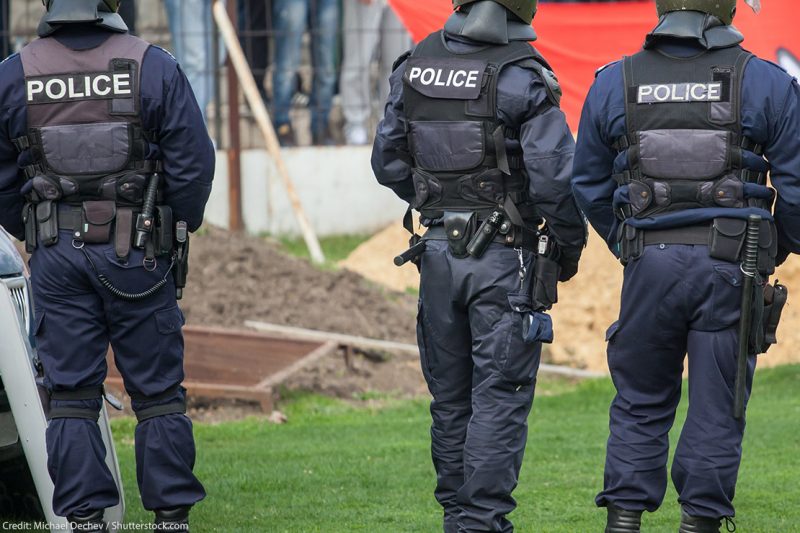New ACLU Report Reveals Most State Supreme Courts Fail to Meet Key Transparency Measures
NEW YORK — Nearly half of all state supreme courts across the country fail to regularly post new cases they are considering, with only six meeting four key transparency measures already implemented by the U.S. Supreme Court, according to a new report published today by the American Civil Liberties Union. The report identifies significant steps that state supreme courts should take to inform the public about their cases, which have only grown in importance as the federal judiciary has become more hostile to protecting core rights and advocates have turned to state protections and state court litigation in response.
Based on an analysis of the practices and policies of the highest courts in each state, including D.C., the report “Scorecard for State Supreme Court Transparency: How Does Your State Stack Up?” ranks each state supreme court in five tiers based on compliance with four key transparency measures. These measures include posting new cases online in a timely manner, providing timely information about legal issues presented by cases, making dockets accessible and free for the public, and making merits briefing accessible and free for the public.
“State courts regularly hear — and are the final word on — cases affecting abortion rights, voting rights, criminal justice reform, and more. Yet, in many instances, the highest state courts do not provide meaningful public access to information about cases affecting the rights and liberties of millions of people. We urge state supreme courts to bring more transparency to the critical work they do,” said Julie Murray, co-director of the ACLU’s State Supreme Court Initiative.
“In the face of a federal judiciary increasingly unwilling to protect core rights and an incoming administration that threatens to exacerbate that problem, state courts are an important defense for our liberty. They should be leaders in transparency, too,” said Bridget Lavender, Skadden Fellow with the Initiative.
The report emphasizes that state courts “play an outsized role” in many parts of the law, but their ability to “guard our liberties depends in significant part on whether those courts adopt transparent processes.” It further highlights that state supreme courts have led the way on enormously consequential decisions in recent years.
In particular, some state supreme courts have recognized the right of same sex couples to marry, and did so long before federal courts. They have also declared the death penalty unconstitutional under state law despite contrary federal law, protected access to reproductive health care as a right even as that right was being stripped away at the federal level, and provided more robust protection to people subject to unreasonable searches and seizures.
The report urges state supreme courts to take action to improve their transparency practices, taking notes from the courts that have already implemented these measures. It notes that regularly posting new cases and the issues they represent, and providing timely access to dockets and merits briefing allows the public, the press, and the legal community to track cases as they unfold, identify cases with statewide consequences, and understand what’s at stake.




